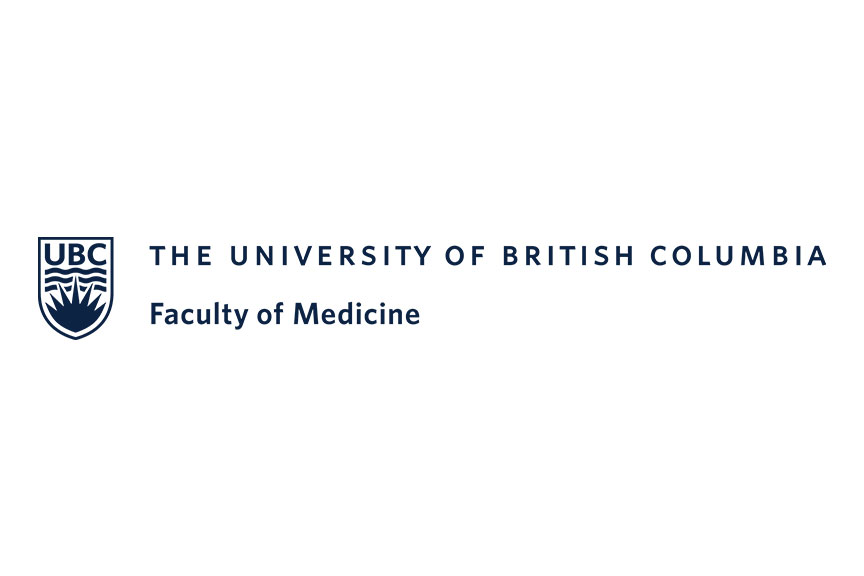

Dr. Christopher Lowe
Program Director
Shelley Berkow

Medical Microbiology is a combination Specialty of both laboratory and clinical medicine. It is concerned with the diagnosis, management and prevention of infectious diseases on the patient, institution and population level.
The Medical Microbiologist in an expert in laboratory microbiology, infectious diseases, infection prevention and control, antimicrobial stewardship, epidemiology and laboratory management.
Almost unlimited possibilities for electives are available within the overall structure of the Medical Microbiology training program, so long as the Royal College requirements are satisfied. There is a total of 13 elective blocks available, and can be tailored to accommodate the career interests and aspirations of the learner.
A conservative estimate is 1:10-depending on the exact specialty of laboratory medicine. There are approximately 30 Medical Microbiologists in the province of British Columbia, and there are always ample learning and research opportunities. All laboratory medicine ratios are designed to optimize the service to education levels.
Under the direction of the Royal College, all programs are at different stages of transition to Competence by Design (CBD). Currently, Medical Microbiology has not converted to CBD, and the trainees entering Medical Microbiology in 2021 will be evaluated under the current training structure.
Electronic medical resources include: access to internet, laboratory information systems, digital imaging, presentation software, and related educational and research resources. The program is very flexible to resident requests with respect to learning resources and conference funding.
Please refer to our program website (within the Program Contact section top of page). Also please consider contacting our Program Director Dr. Christopher Lowe, or the Chief Resident Dr. Samuel Chorlton.